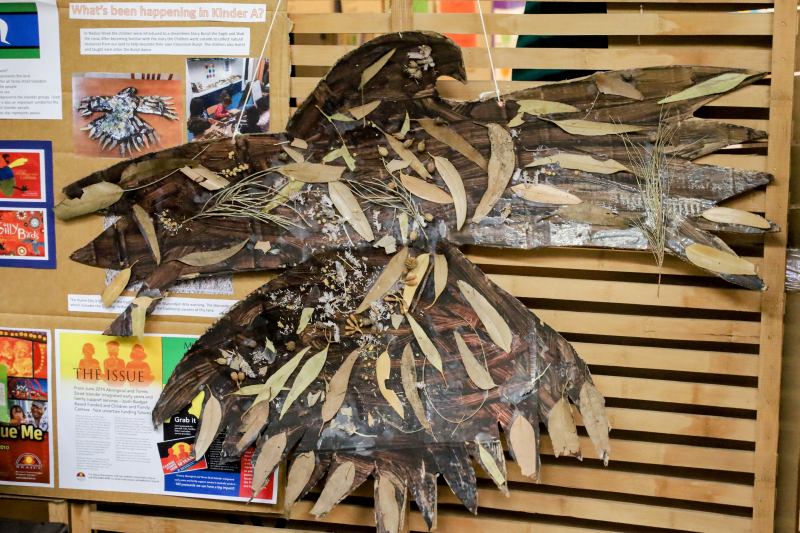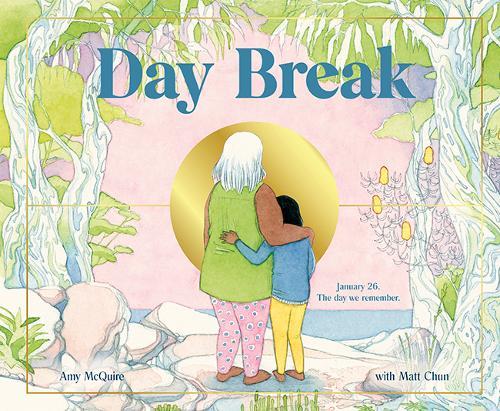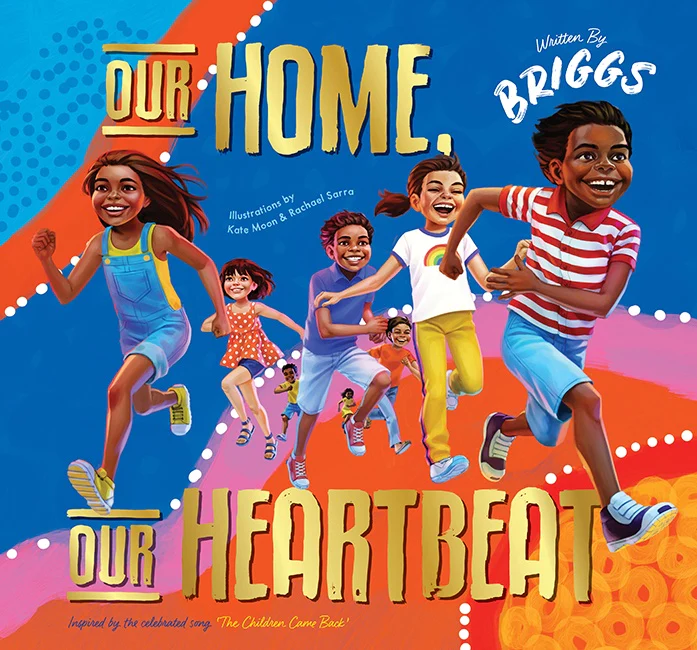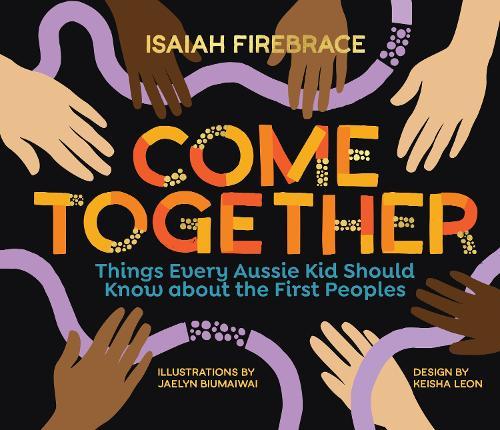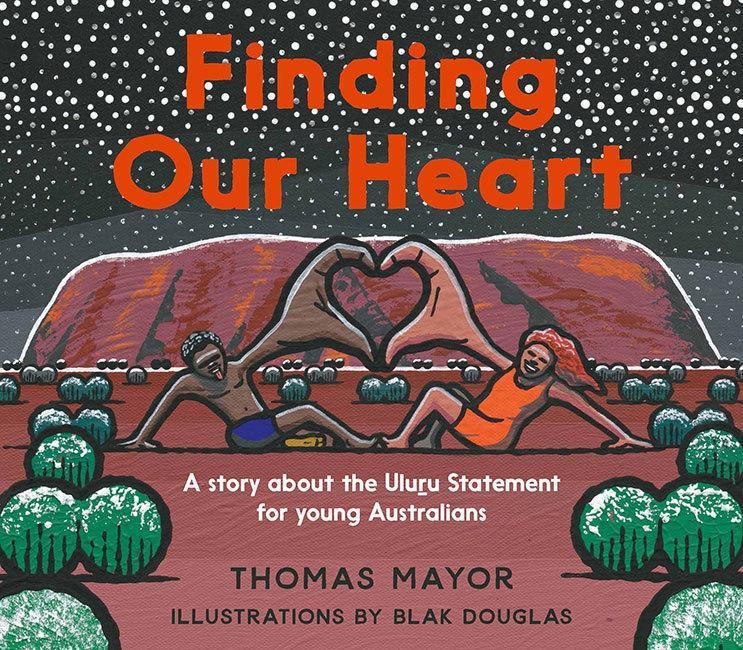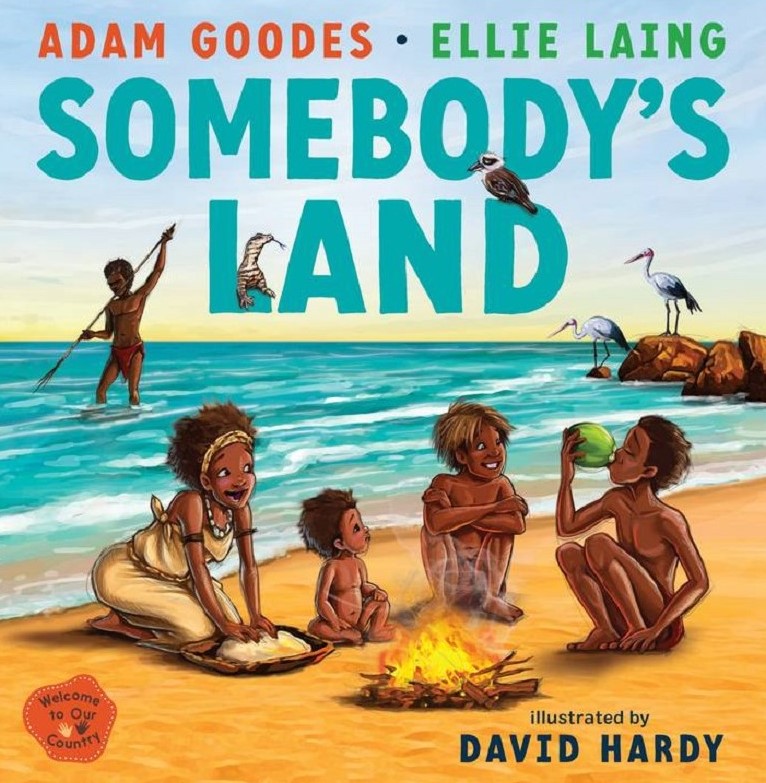At Gowrie Victoria, January 26 continues to be a day of reflection, as well as an opportunity to establish a strong culture of respect for Aboriginal and Torres Strait Islander people and shared histories.
Koorie Preschool Assistant Sarah Rawley says the ongoing debate and contention around the date makes it challenging for the community, but encourages people to approach the day gently. “Our aim is to educate and develop a strong sense of understanding, empathy and care for First Nations people,” she says.
Discussions with families and children focus on the history of the date, although Sarah says the approach is also one of hope for the future and how to support Aboriginal and Torres Strait Islander communities moving forward.
Aboriginal and Torres Strait Islander perspectives are a crucial part of practice at Gowrie Victoria. Across all early learning services, teams intentionally support children’s learning about shared histories, through a range of curriculum areas. A collection of picture books provides a great foundation for exploring children’s emerging knowledge and strong connection to Country, while small-world play spaces invite children to explore Aboriginal and Torres Strait Islander culture.
All Gowrie early learning services work with the children to create an Acknowledgement of Country that is meaningful to them. This develops through discussions about Aboriginal and Torres Strait Islander histories, caring for Country, and the importance of continuing the practices of respect for those before us and with us today.
Carlton North Early Childhood Teacher and Mentor Molly Petruccelle says January 26 is an opportunity to introduce Aboriginal and Torres Strait Islander perspectives to a new group of children at the start of the year “so they can begin to understand our history, starting with the land we are on”.
“We do believe though that truth-telling is essential and therefore ensure that we are being honest with children in an age-appropriate and respectful way,” Molly says. “Children are usually very curious when learning about Aboriginal and Torres Strait Islander peoples and histories, and their curiosities often lead to bigger and more in-depth learnings.”
In the lead-up to January 26 this year, Gowrie Victoria services have explored the concept of colonisation through the Aboriginal and Torres Strait Islanders’ strong connection to land.
The Harbour Educational Leader Sam Fernandez says the different rooms at Gowrie at The Harbour were introduced to the book Somebody’s Land, by Adam Goodes and Ellie Laing, with a focus on connection to the land, and the visible differences before and after colonisation.
Sam says the date has been approached through the lens of collaboration and community and this year culminated in all rooms gathering in the central garden at The Harbour for an Acknowledgement of Country, along with reflection and discussion. “The key is truth-telling,” Sam says. “We don’t water down the ideas but we do make it age appropriate.”
For younger children, this might include the use of hand puppets (sourced from a First Nations organisation) and walks along Birrarung to discuss what used to be there, using proper place names. “It’s important to decolonise language from an early age,” Sam says. “With older children, it’s about understanding that shared history and that learning about it prevents us from making the same mistakes. Children do have the capacity for understanding, and truth-telling helps build that capacity.”
Sam recognises that many people in the community feel a strong connection with the date because of citizenship ceremonies. “This is separate to the history of the date, and we celebrate their presence in our country every day and we celebrate Australia in myriad ways, year-round.”
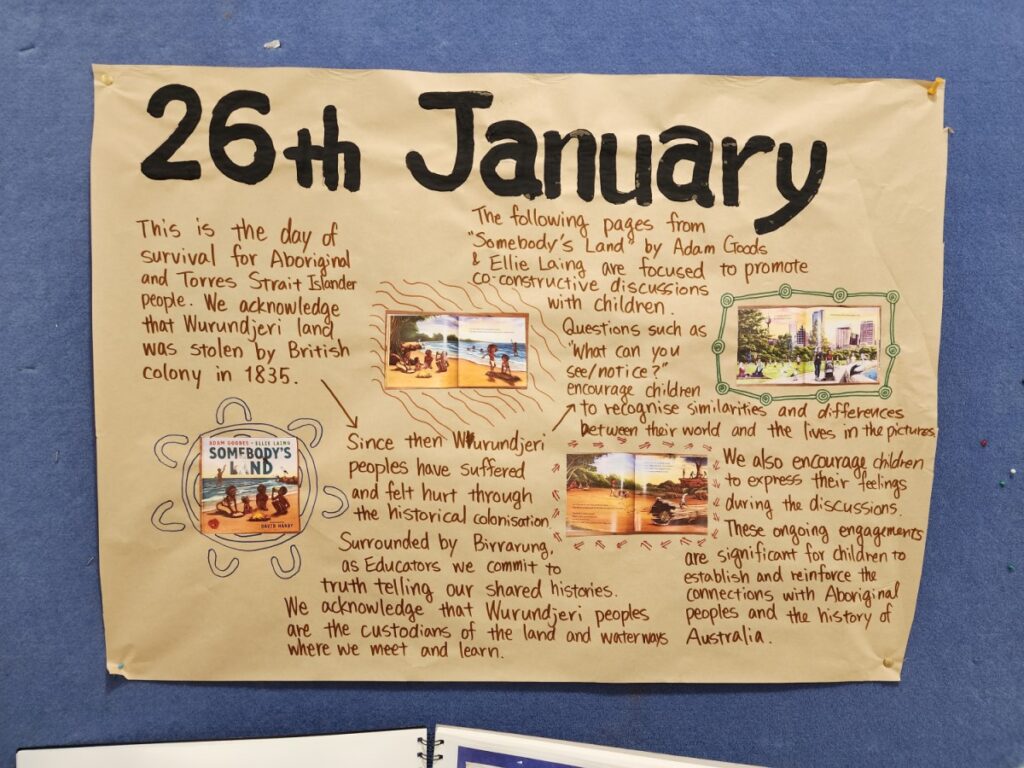
Chief Executive Officer Susan Anderson acknowledges that the date means different things to different people within the community, and that it will be marked in different ways.
However, Susan says the organisation is committed to building an inclusive community where Aboriginal and Torres Strait Islander culture and histories are respected, celebrated and embraced.
“As part of our Reconciliation Action Plan, we are exploring what January 26 means to us as an organisation,” she says. “This is a conversation teachers and educators have been grappling with in order to support children to understand our Australian history in a meaningful way.”
January 26 marks the arrival of the First Fleet at Sydney in 1788 and has been acknowledged as a national holiday, with the title Australia Day, since 1994.
But for Aboriginal and Torres Strait Islander peoples, this date represents invasion and the devasting impact of ongoing colonisation on their culture, land and people.
Pedagogy Leader Debbie Roper says the Early Years Learning Framework v2.0 (EYLF, 2022) emphasises the principle of Aboriginal and Torres Strait Islander perspectives and asks teachers and educators to critically reflect on the questions ‘Who is advantaged when I work in this way? Who is disadvantaged?’ and ‘What am I challenged by? What am I curious about? What am I confronted by?’
“January 26 is one opportunity for our teams to reflect on these questions to deepen their understanding of Aboriginal and Torres Strait Islander ways of knowing, being and doing,” Debbie says. “Teams use this as a springboard to engage children in rich discussions and play-based learning experiences to embed Aboriginal and Torres Strait Islander perspectives.”
Other ideas for January 26 from Reconciliation Victoria:
- Including an Acknowledgement of Country on the morning of January 26.
- Ensuring conversations are approached sensitively and respectfully.
- Flying the Aboriginal flag at half-mast.
- Acknowledging the local Indigenous community and honoured place of First Nations people in any programs.
- Holding a minute of silence and reflection.
Here is a list of recommended resources for January 26:

